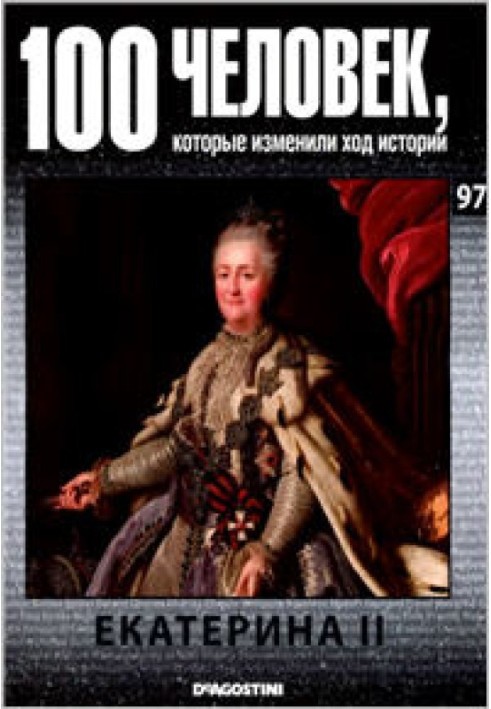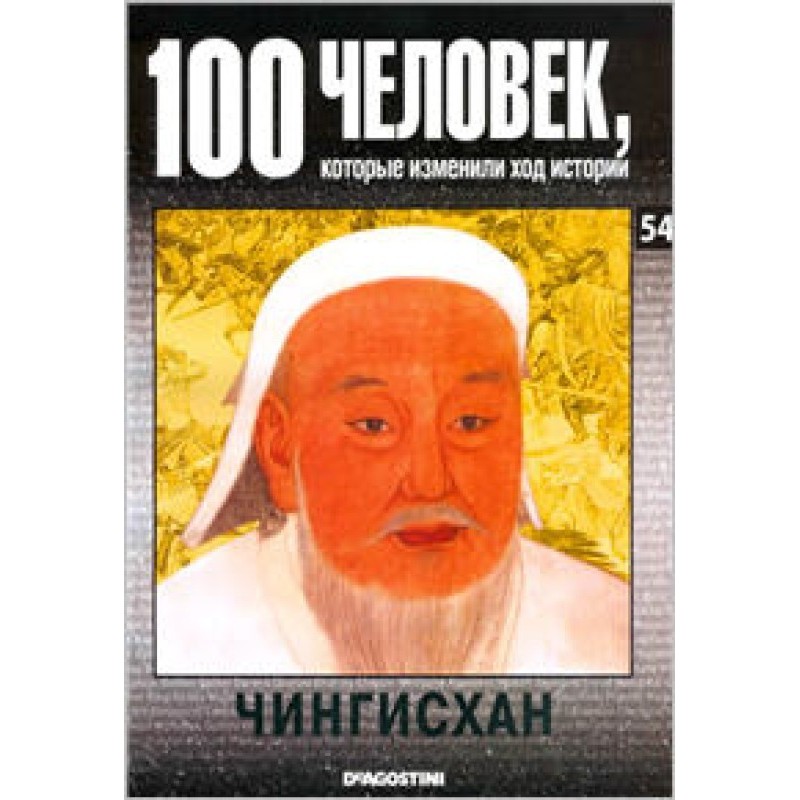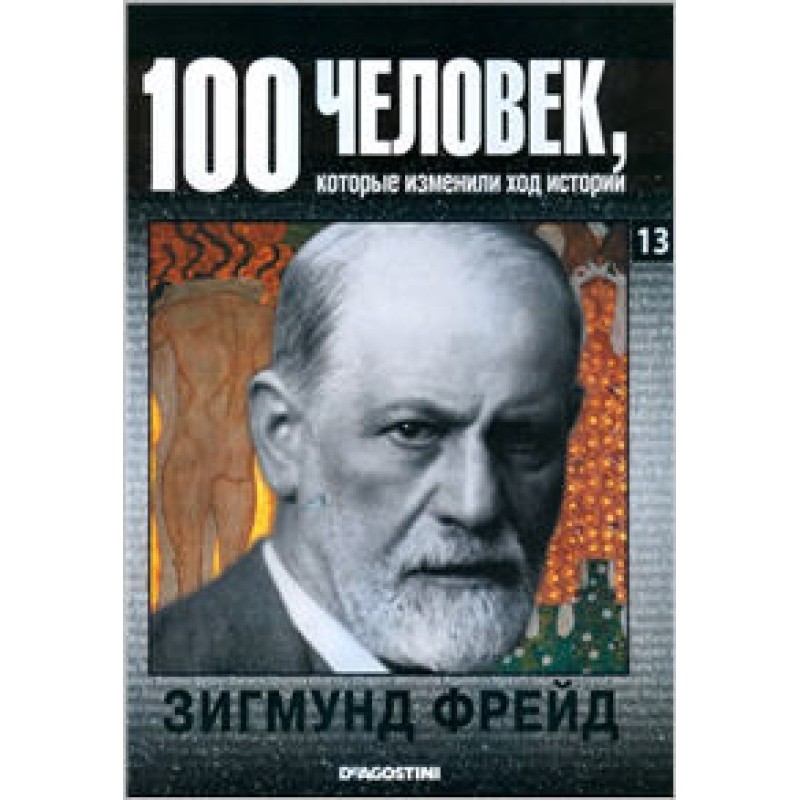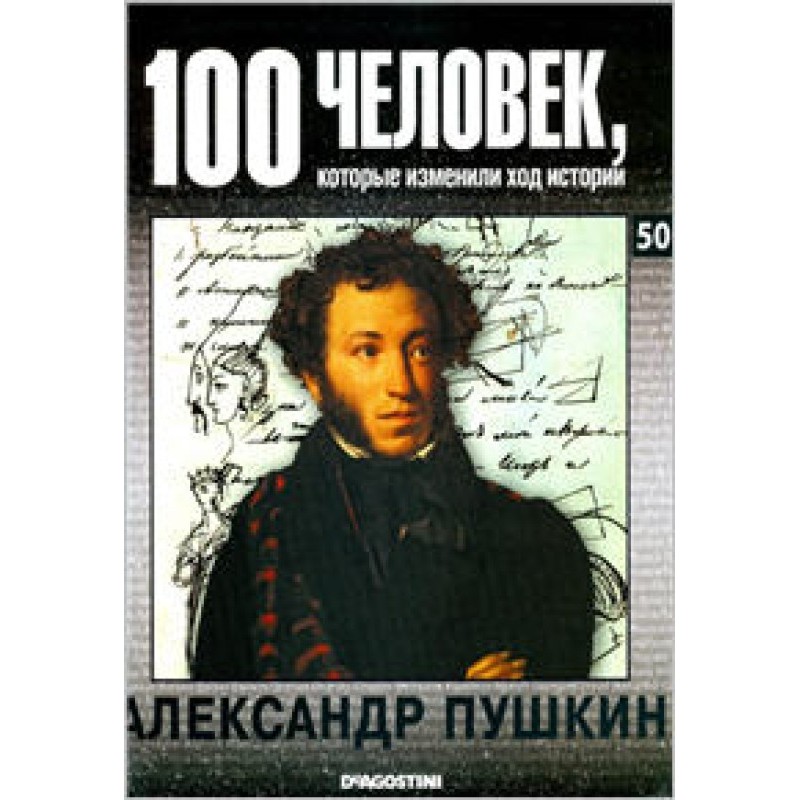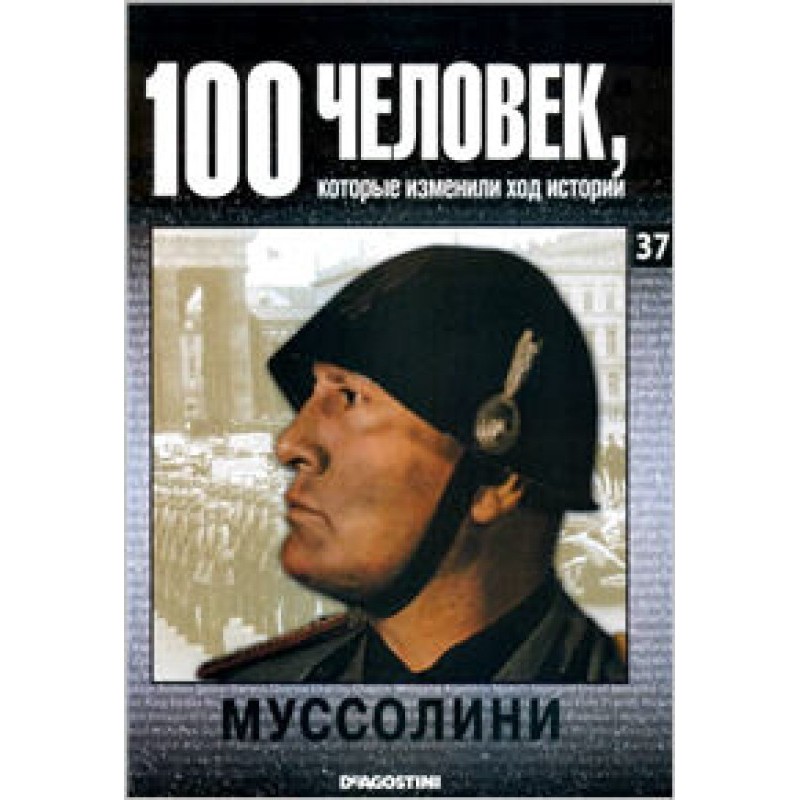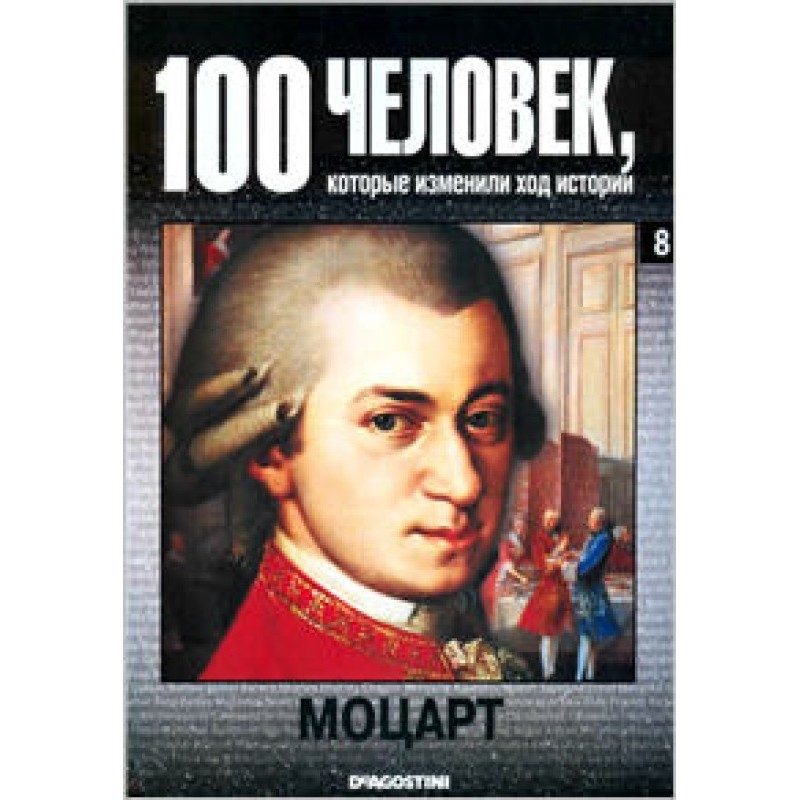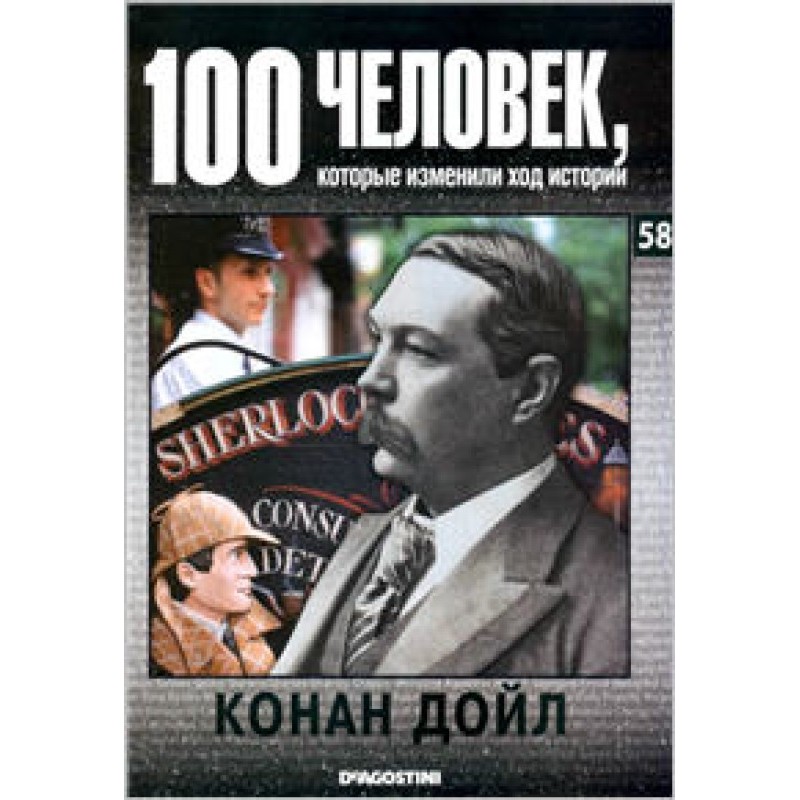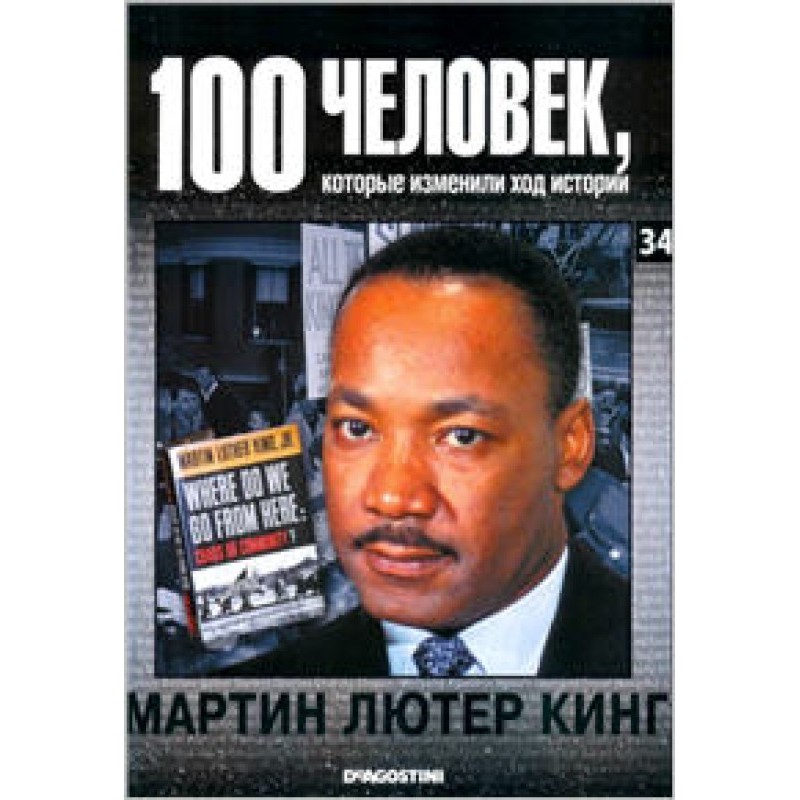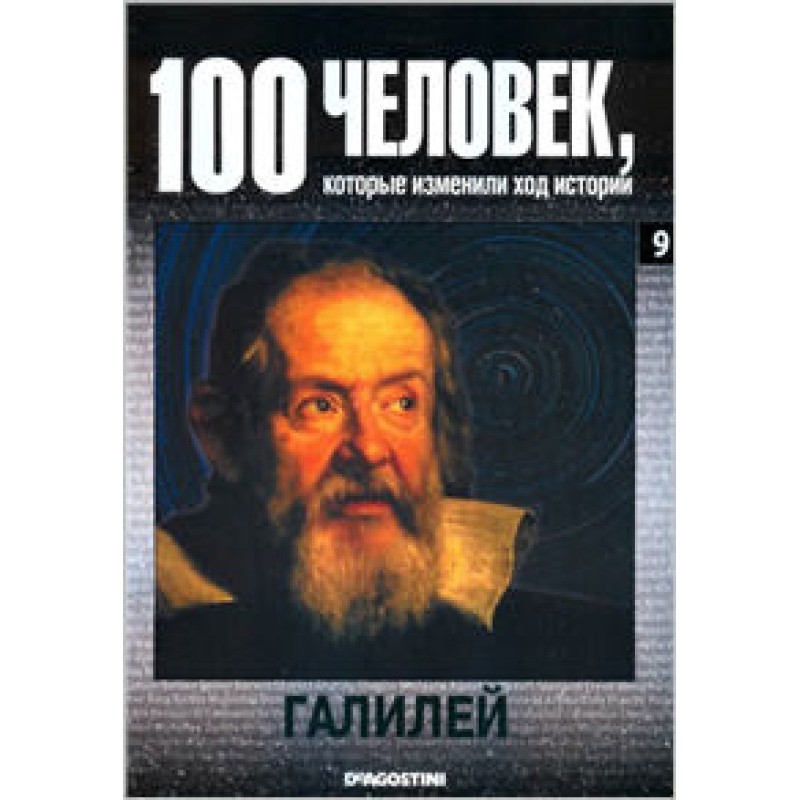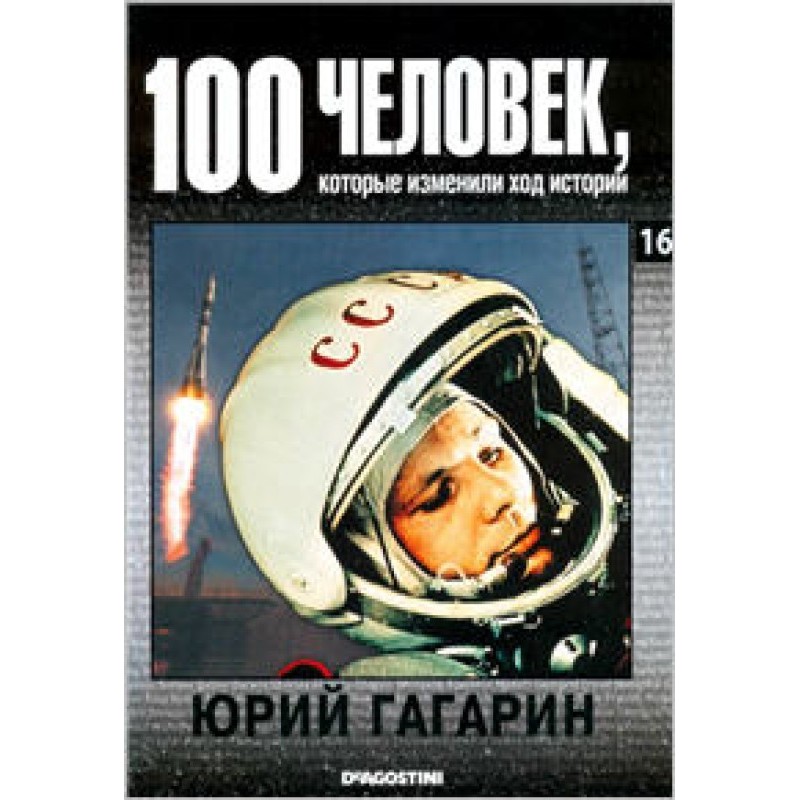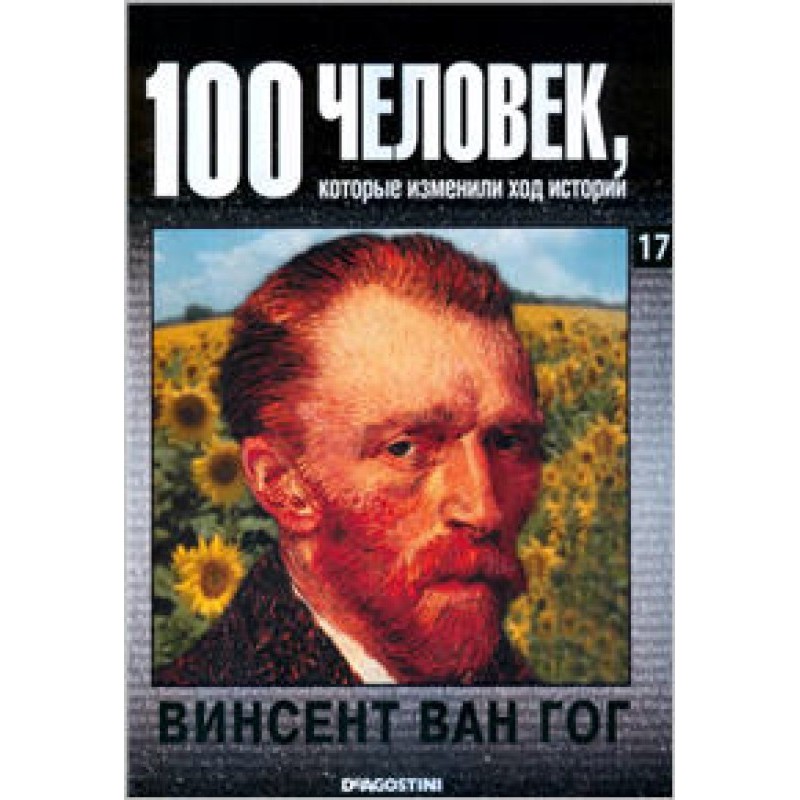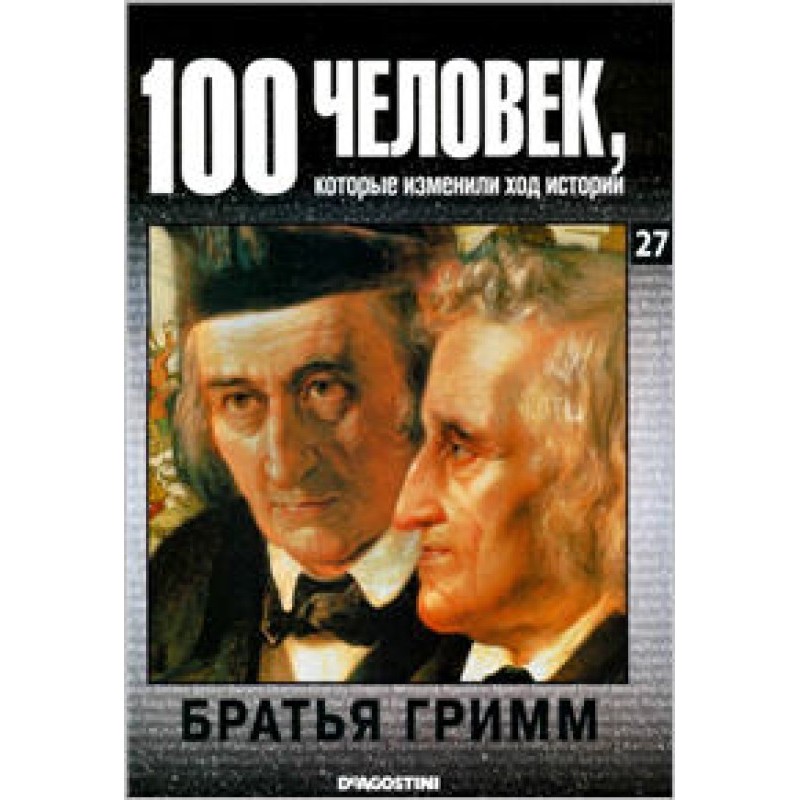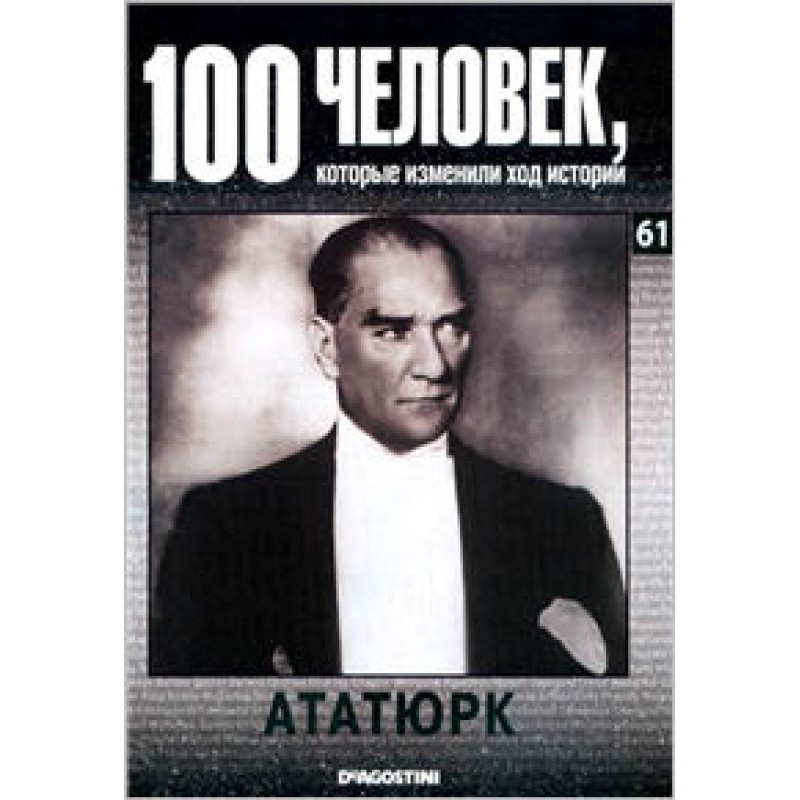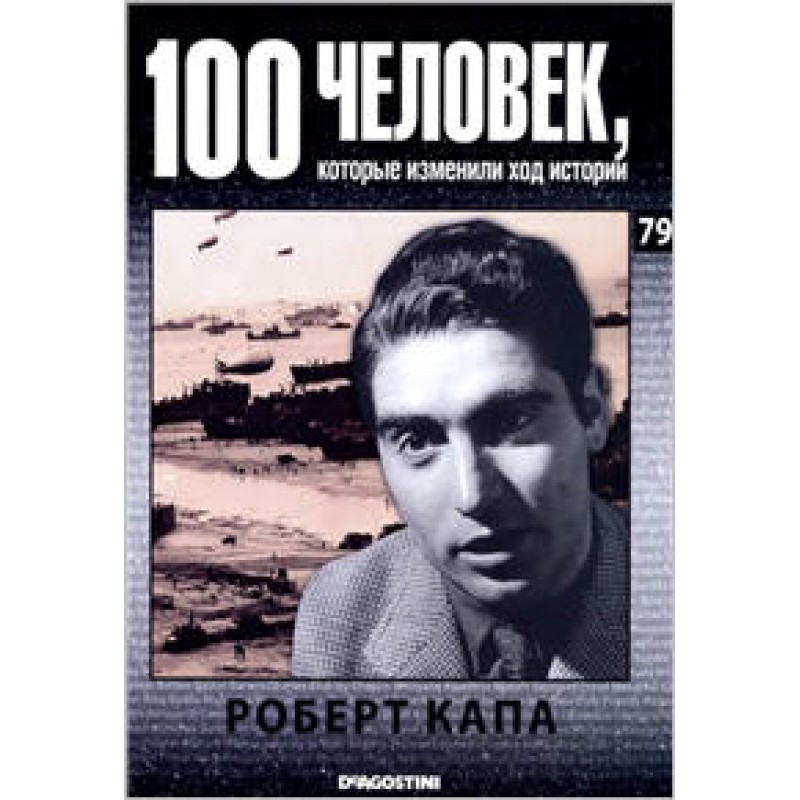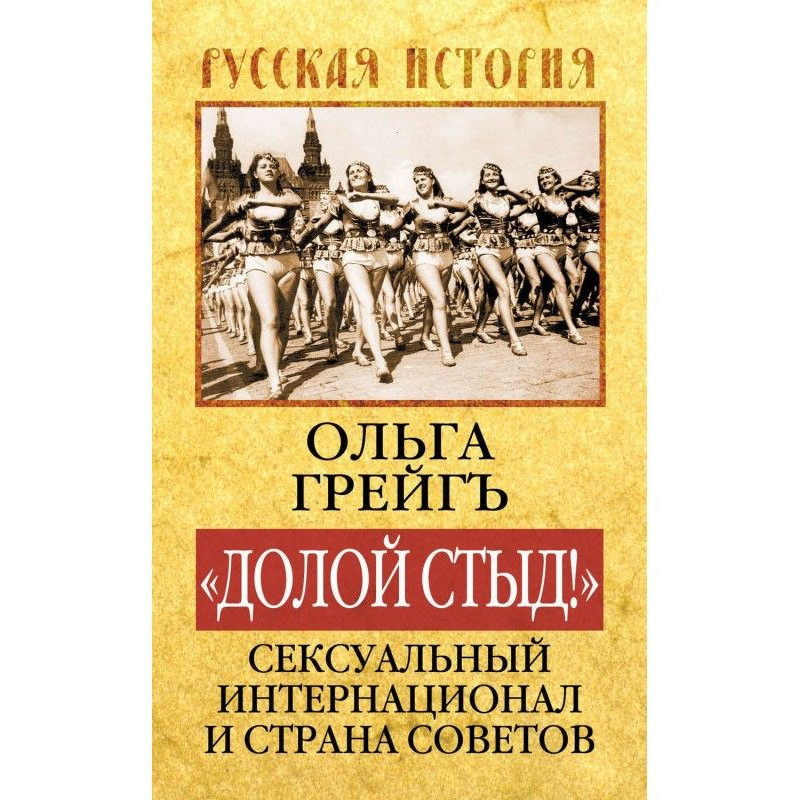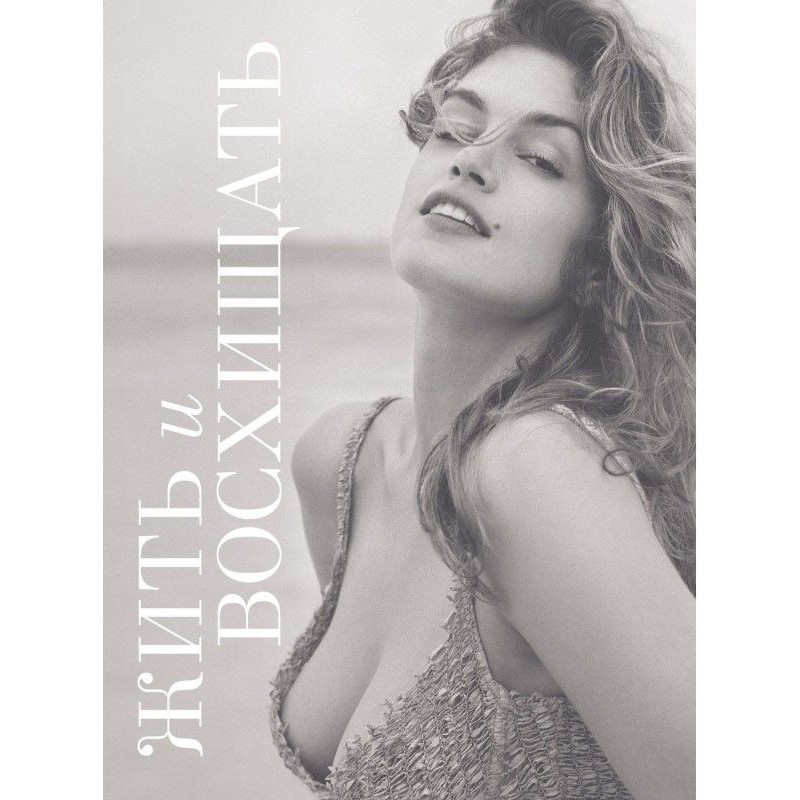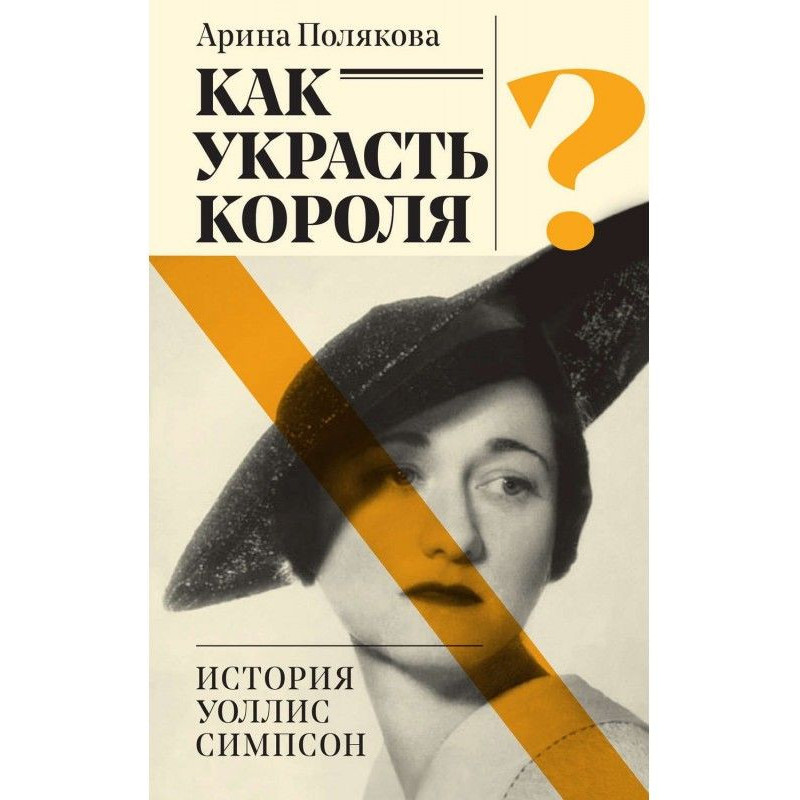Catherine II
 Instant download
Instant download
after payment (24/7)
 Wide range of formats
Wide range of formats
(for all gadgets)
 Full book
Full book
(including for Apple and Android)
In 1744, the German princess Sophia Augusta Frederica of Anhalt-Zerbst was summoned to Russia by Empress Elizabeth Petrovna, baptized according to Orthodox custom under the name of Ekaterina Alekseevna and named the bride of Grand Duke Peter Fedorovich (future Emperor Peter III), whom she married in 1745 . Catherine set herself the goal of winning the favor of the empress, her husband and the Russian people. However, her personal life was unsuccessful: Peter was infantile, so during the first years of marriage there was no marital relationship between them. Paying tribute to the cheerful life of the court, Catherine turned to reading French educators and works on history, jurisprudence and economics. These books shaped her worldview. Ekaterina became a consistent supporter of ideas Enlightenment. She was also interested in the history, traditions and customs of Russia. The deterioration of relations with her husband led to the fact that she began to fear for her fate and began to recruit supporters at court. Catherine managed to gain authority among the capital's society, and in 1762, relying on the guard, in 1762 she overthrew Peter III from the throne and ascended to the Russian throne. Surprisingly, it was this foreigner, who came to power through illegitimate means, who became the direct successor of the reforms of Peter I, like whom she went down in history as Catherine the Great (1729-1796). Catherine ascended the throne, having a well-defined political program based , on the one hand, on the ideas of the Enlightenment and, on the other, taking into account the peculiarities of the historical development of Russia. The most important principles of the implementation of this program were gradualism, consistency, and consideration of public sentiment. The reign of Catherine II is often called the “golden age” of the Russian nobility. A champion of educational ideas, she soon became convinced that she could sit on the throne only if she did not encroach on the foundations of serfdom. In the first years of her reign, Catherine carried out a reform of the Senate, which made the work of this institution more efficient, carried out the secularization of church lands, which significantly replenished the state treasury and eased the situation of a million peasants, abolished the hetmanate in Ukraine, which corresponded to her ideas about the need to unify governance throughout the empire, invited German colonists to Russia for development of the Volga and Black Sea regions. After the end of the Russian-Turkish war of 1768-1774 and the suppression of the uprising led by Pugachev, a new stage of Catherine’s reforms began, when the empress herself was developing the most important legislative acts. In 1775, a manifesto was issued that allowed the free establishment of any industrial enterprises. In the same year, a provincial reform was carried out, which introduced a new administrative-territorial division of the country, which remained in place until the October Revolution. In 1785, Catherine issued her most important legislative acts - charters granted to the nobility and cities. The main significance of the letters was associated with the implementation of the most important goal of Catherine’s reforms - the creation in Russia of full-fledged estates of the Western European type. For For the Russian nobility, a charter meant the legal consolidation of almost all the rights and privileges they had. Under Catherine II, the international authority of the Russian Empire grew significantly and its territory expanded. Russia finally gained a foothold in the Black Sea, annexed the Northern Black Sea region, Crimea, the Kuban region, and took Eastern Georgia under its citizenship.
Data sheet
- Name of the Author
- Анастасия Жаркова Евгеньевна
- Language
- Russian
Reviews
Вражаюча історія про сильну жінку!
Книга "Катерина II" - це захоплююча біографія, яка не лише розкриває особистість однієї з найвідоміших імператриць Росії, але й показує, як її життя та політичні рішення вплинули на хід історії. Автор майстерно описує шлях Катерини від німецької принцеси до могутньої імператриці, підкреслюючи її прагнення до знань, реформ та просвітництва. Читання цієї книги - це не лише подорож в минуле, а й можливість зрозуміти, як ідеї Просвітництва вплинули на розвиток Росії. Я була вражена її рішучістю та здатністю адаптуватися до викликів, які ставили перед нею обставини. Книга також детально описує численні реформи, які вона впровадила, і їхній вплив на суспільство. Це справжнє джерело натхнення для всіх, хто цікавиться історією, політикою та роллю жінок у владі. Рекомендую всім, хто хоче дізнатися більше про цю видатну особистість!

